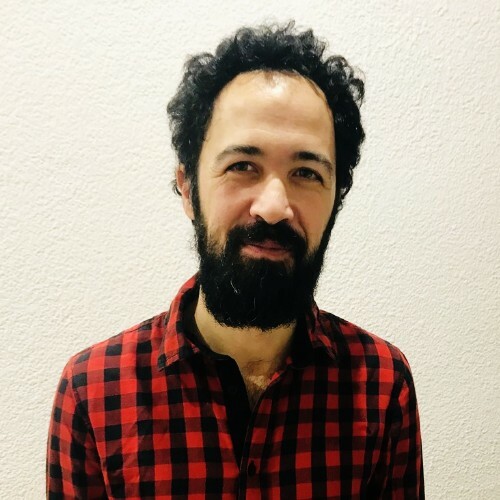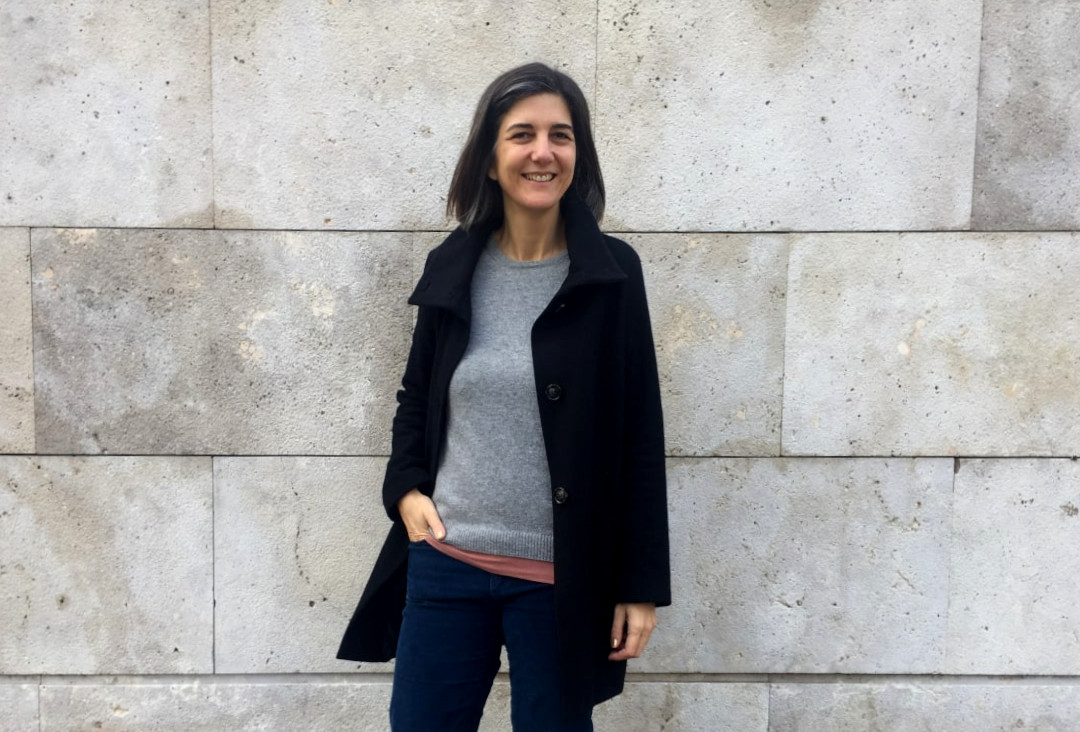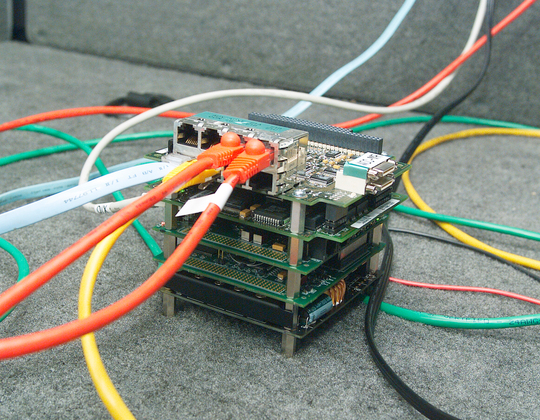Learnings
How to organize Deliberative Assemblies through a process of ''Civic lottery" in high schools
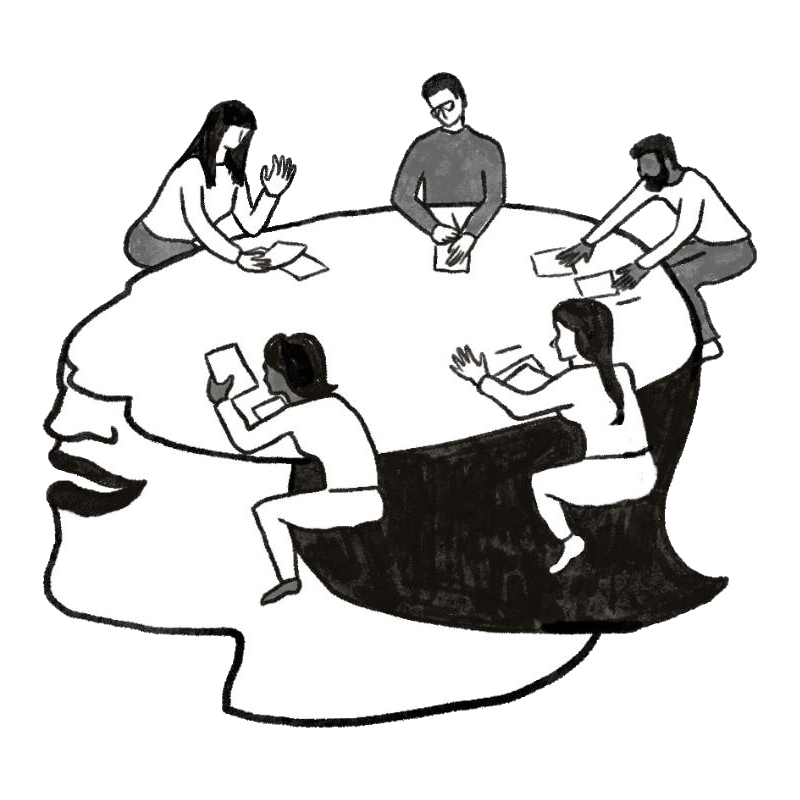
We are excited after the publication of the Guide “How to organize Deliberative Assemblies by Civic Draw in High Schools“” that our colleague Tayrine Dias and our co-founder *Olivier Schulbaum have developed with so much love! *
At Platoniq Foundation we are the first to be clear that youth are a fundamental part of society and their participation in politics is essential for the development of a healthy and strong democracy. It is not lost on anyone that the way in which young people participate has changed over the years and they continue to be an important factor in political decision-making. Currently, online petition signing, conscious consumption, graffiti, social media statements, flash mobs, protests and demonstrations are the most visible forms.
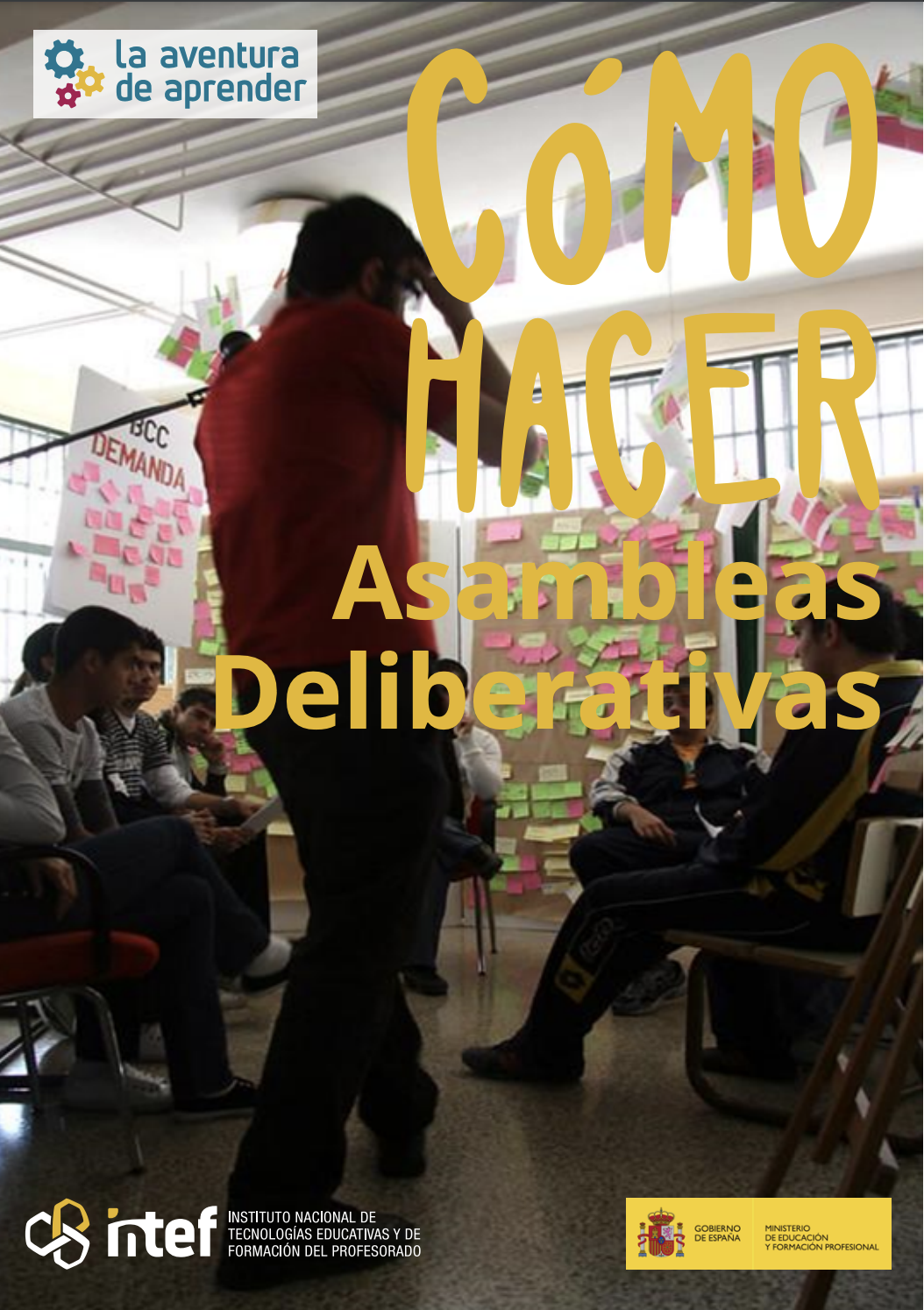
This guide focuses on describing the eleven steps to organize a Deliberative Assembly, where young people can participate in a diverse and inclusive way in their institute or community space. The Deliberative Assembly is a space where each participant meets to explore relevant issues of their reality, propose actions or projects, evaluate their advantages and disadvantages and decide among the proposals presented which ones have the support of the group for their future implementation.
Youth participation in politics is essential for the development of a strong and healthy democracy.
The selection of participants in a Deliberative Assembly is carried out by civic lottery, a form of election that is fairer than elections or referendums. Democracy by lot is more egalitarian and offers equal opportunities for all participants, regardless of their ethnicity, socioeconomic background, educational or cultural level. Also, there is no competition for votes or candidacies, so the lack of competition prevents winners from feeling superior and losers from feeling rejected.
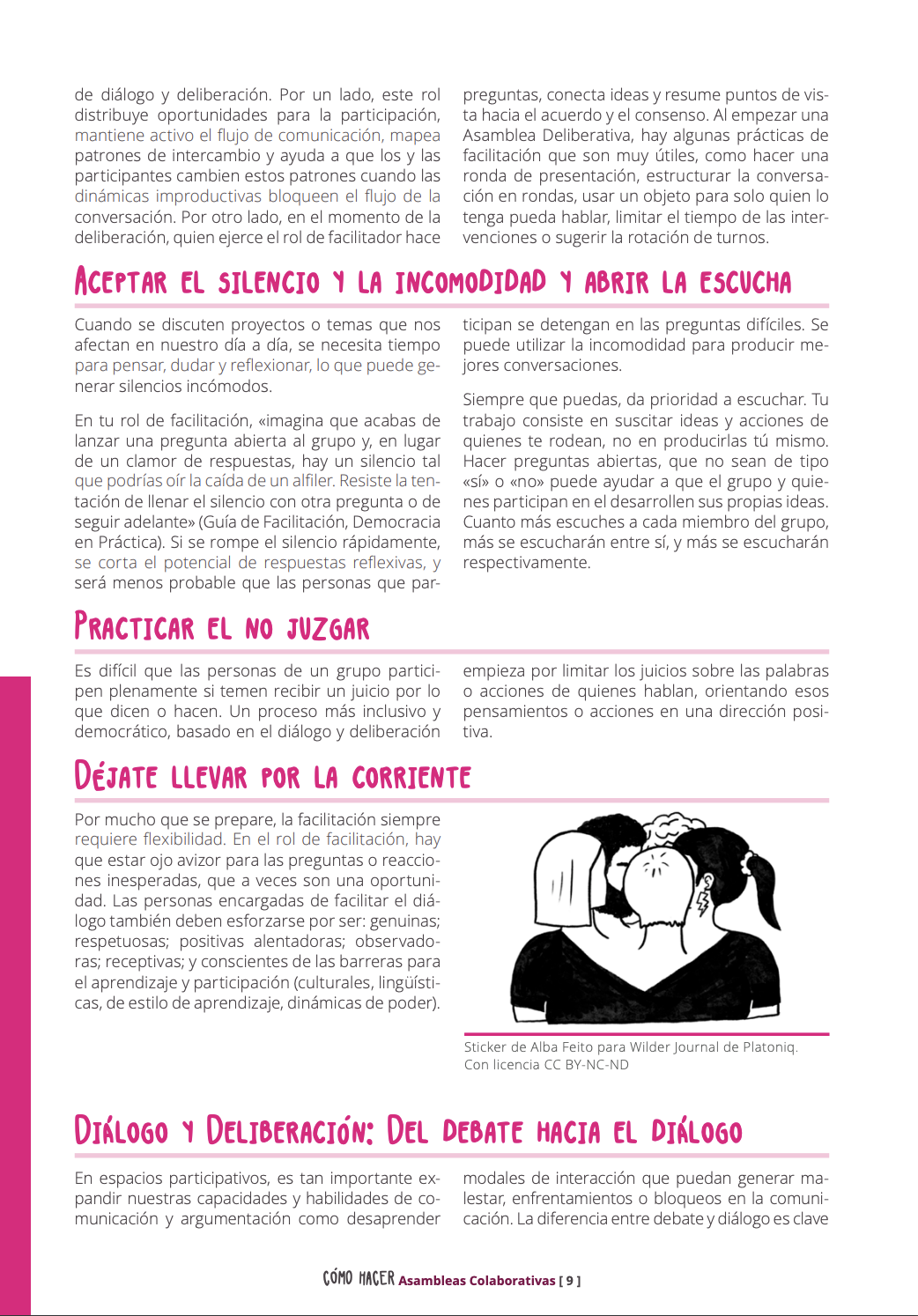
The experience of Democracy in Practice in Bolivia is a world benchmark in democracy by lottery in schools. From this initiative, the empowerment of students is emphasized so that they can develop skills related to teamwork, deliberation, collective decision-making and public speaking. The election by lottery is a way of not discriminating in the school learning process and fosters the empowerment of students.
In conclusion, the participation of youth in politics is essential for the development of a strong and healthy democracy. The Deliberative Assembly is a space where young people can participate in a diverse and inclusive way in their institute or space of coexistence, and the election by lottery is a fairer way to select the participants. Democracy by lot offers equal opportunities for all and fosters the empowerment of students in the school learning process. It is important to support and promote the participation of youth in politics, since they are the ones who can build a more democratic and equitable future for all.
Take a look at http://laaventuradeaprender.intef.es/documents/10184/143733/60_22_RED_LADA_C%C3%B3mo+hacer+asambleas+deliberativas+R3.pdf/b7dfd053-69e6-4d04-84ef-b63529ba7332 and if you want to organize a citizen dialogue or citizen assembly in your institute, neighborhood or square, contact us at info@platoniq.net and we’ll do it together!

